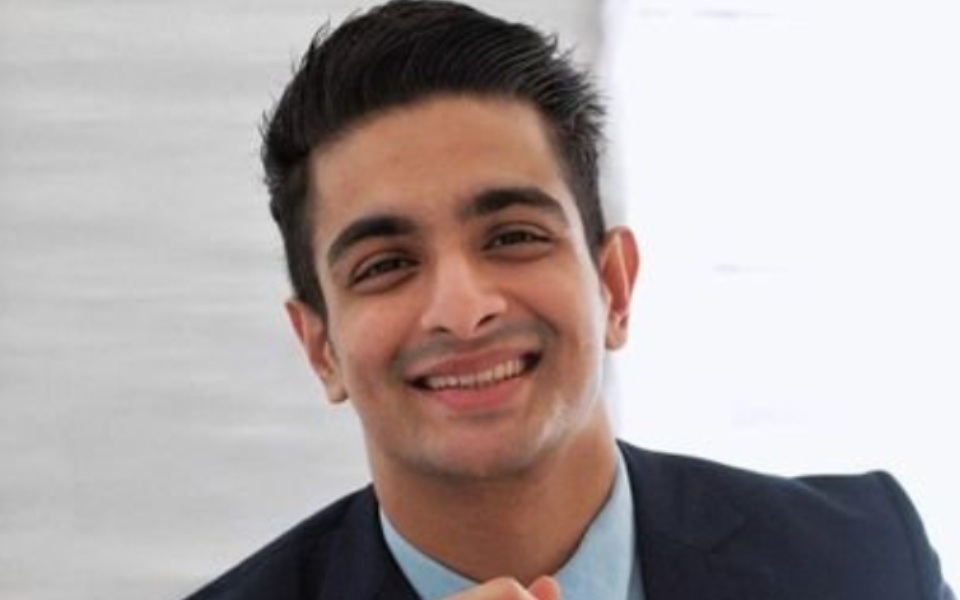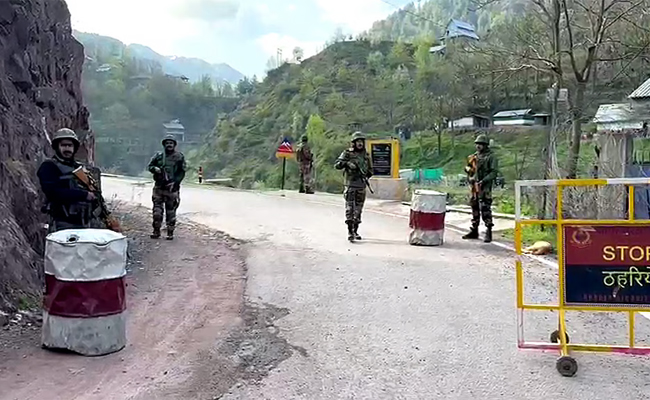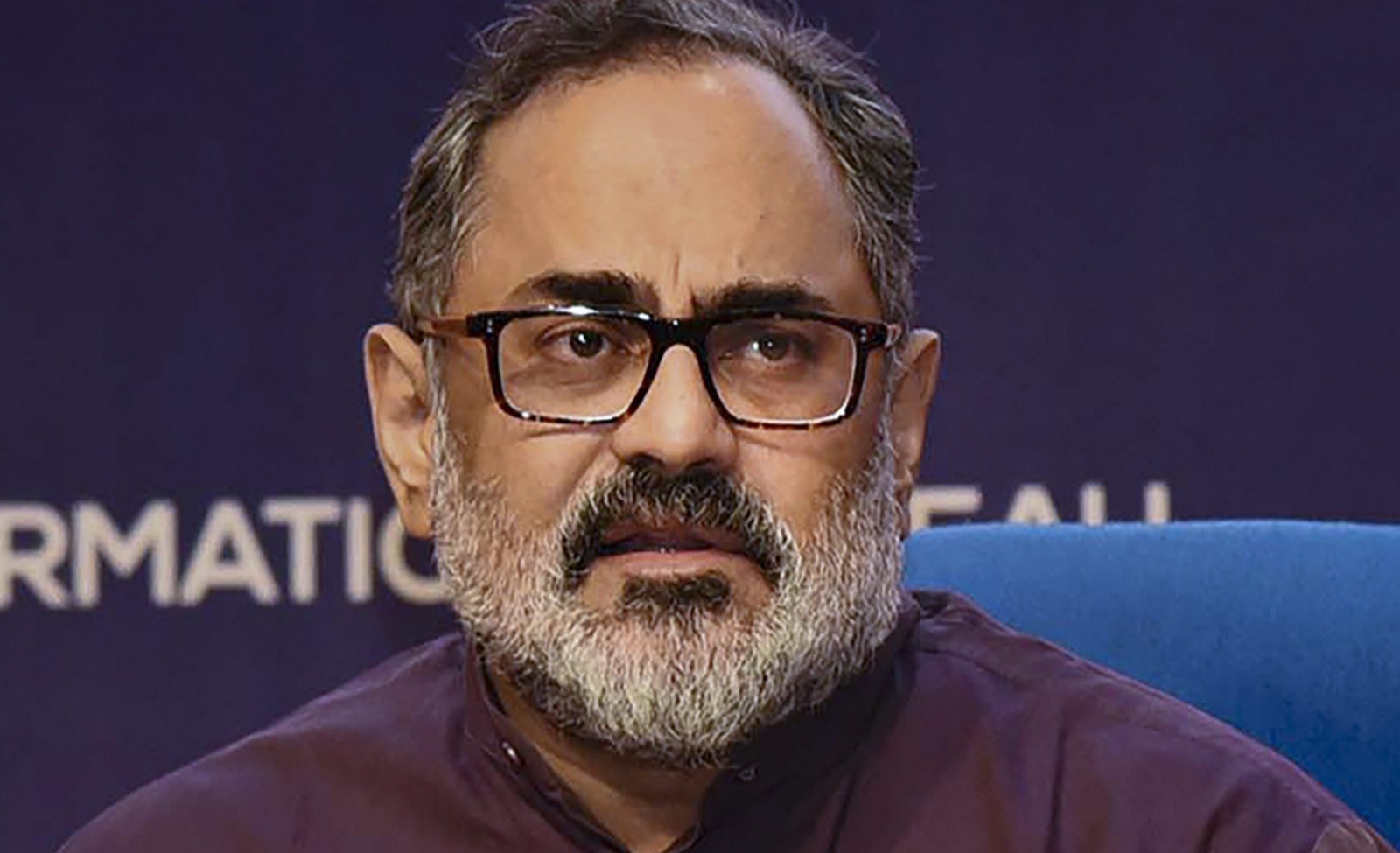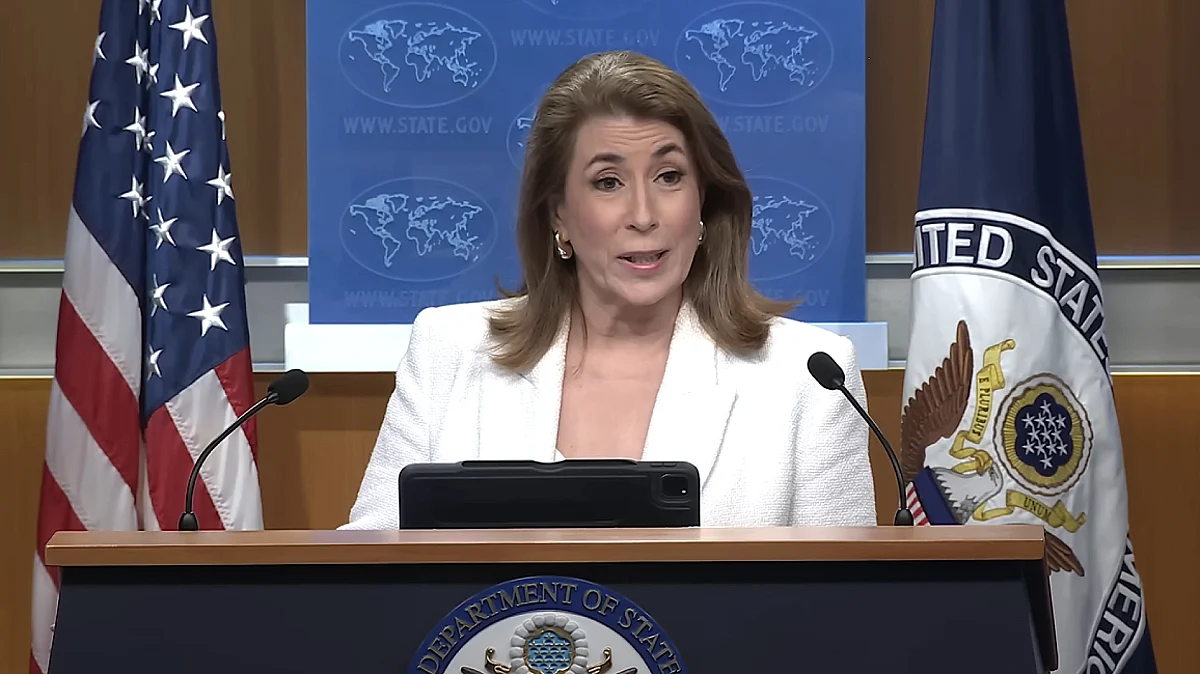New Delhi, Apr 28 (PTI): The Supreme Court on Monday allowed the return of passport to podcaster Ranveer Allahbadia to enable him to travel abroad for work.
A bench of Justices Surya Kant and N Kotiswar Singh relaxed the condition after Assam and Maharashtra governments said the investigation against him was complete.
The bench asked Allahbadia to approach the Maharashtra cyber police bureau to retrieve his passport.
The top court told Allahbadia's lawyer, senior advocate Abhinav Chandrachud, it would consider his prayer to club the FIRs against his client and bring it in one place on the next hearing.
Chandrachud said the Maharashtra FIR was the first one on the issue and the Guwahati FIR could be clubbed with it as it stemmed from the same facts and incident.
Justice Kant, however, told Chandrachud the Guwahati FIR comprised a different set of allegations, specific to people of Assam.
"If you want to argue on the issue, then we will hear it on the next date of hearing and you can make out case then," the judge said.
The bench also allowed NGO Cure SMA Foundation of India to implead "India's Got Latent" host Samay Raina and other co-accused through the police of Maharashtra and Assam, as their statements were recorded in the case.
Senior advocate Aprajita Singh, representing the NGO, said they were not able to implead Raina and others in the case as respondents for want of their addresses and requested the bench to allow them to be made parties even without their particulars.
The NGO referred to deficiencies in the existing legal framework and urged the bench to formulate guidelines on online content.
The comprehensive guidelines and regulatory measures were sought to regulate any "derogatory, denigrating, ableist and belittling content against the persons with disability, their diseases and their treatment options" by stakeholders, including but not limited to "publishers of online curated content, publishers of news and current affairs content, self-styled influencers and content creators, broadcasters, intermediaries" among others.
The NGO said while it did not intend to seek a blanket restraint, it was concerned with derogatory content on persons with disabilities.
"Notably, this requires maintaining the highest degree of sensitivity and compassion across the channels, however, that becomes a mammoth task when certain individuals, like the comedian, Samay Raina, host a comedy show and make insensitive commentaries on persons such with such condition, the high-costing drugs and the treatment options," it said.
The NGO's plea said Raina's act in turn deprecated the public mindset, often resulting in perpetuating lack of receptivity towards the seriousness of the illness, or the ensuing challenges in the resource management.
On February 18, the top court protected Allahbadia from arrest in multiple FIRs filed over his comments during a YouTube show and directed him to deposit his passport with the investigating officer of Police Station Nodal Cyber Police, Thane.
On March 3, it allowed Allahbadia to resume his podcast "The Ranveer Show" subject to maintaining "morality and decency" and making it suitable for viewers of all ages.
Allahbadia, popularly known as BeerBiceps, was booked for his comments on parents and sex on an episode of India's Got Latent.
The apex court initially restrained Allahbadia from airing any programme of his podcast having a "direct or an indirect" bearing on the merits of the sub-judice cases against him.
On February 18, the top court granted interim protection from arrest to Allahbadia and termed his comments "vulgar" and accused him of having a "dirty mind".
Aside from Allahbadia and Raina, others named in the case in Assam are comics Ashish Chanchlani, Jaspreet Singh and Apoorva Makhija.
Let the Truth be known. If you read VB and like VB, please be a VB Supporter and Help us deliver the Truth to one and all.
Srinagar (PTI): Army on Wednesday foiled an infiltration bid along the Line of Control (LoC) in Uri sector of Jammu and Kashmir, officials said.
They said troops foiled the infiltration bid in Churunda area of Uri in Baramulla district of north Kashmir.
An exchange of fire is going on and further details are awaited, the officials ad





